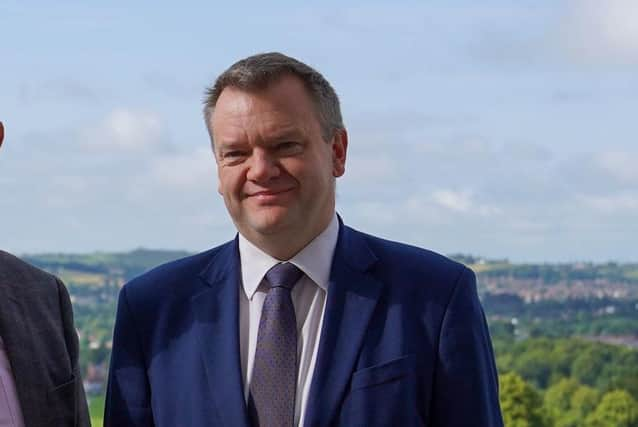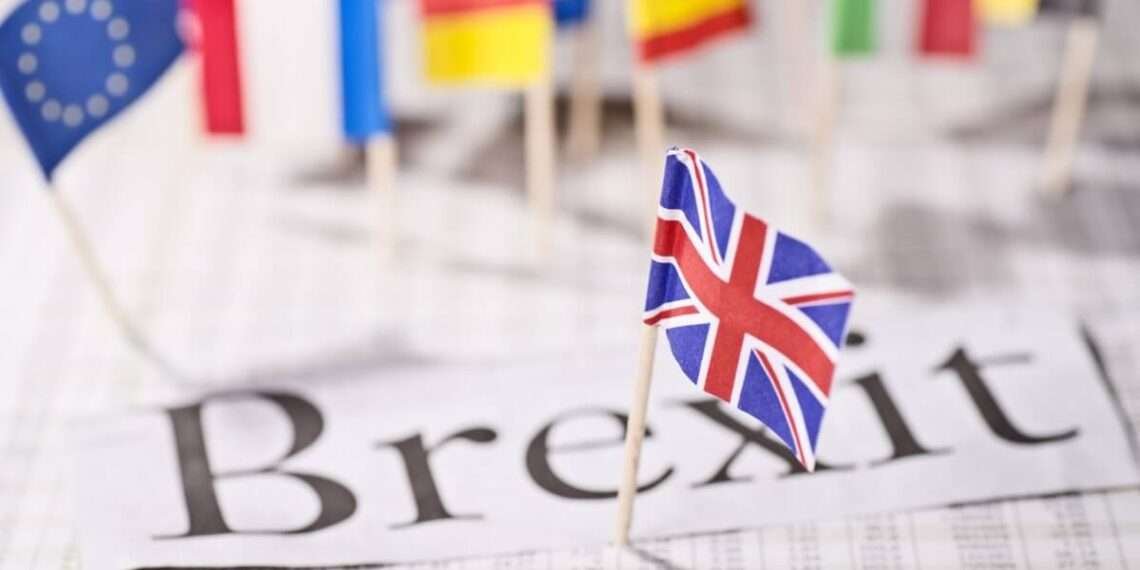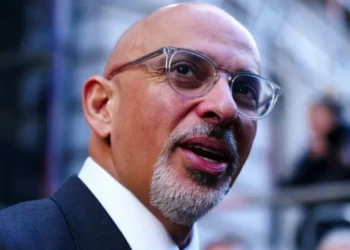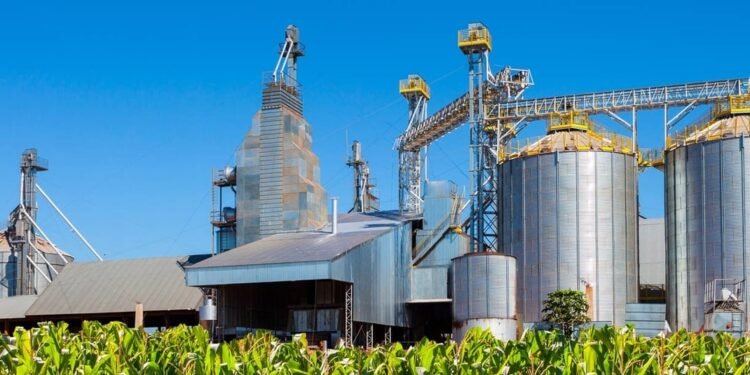The UK government has announced plans for Brexit reset talks with the European Union, aiming to secure a comprehensive new agreement within just three months.
Speaking at the EU/UK Forum in Brussels on Tuesday, European Affairs Minister Nick Thomas-Symonds emphasized the need for a “ruthlessly pragmatic” approach to the talks.
He confirmed that Prime Minister Keir Starmer will host a high-level summit in May, where leaders will seek to finalize a deal that benefits both the UK and the EU.
This marks a stark departure from the years of prolonged negotiations that followed the 2016 Brexit referendum, which saw deep divisions in Parliament and the Conservative Party before the UK formally exited the EU in 2020.
Among the key issues on the table will be a youth mobility scheme for individuals under 30, as well as enhanced cooperation in trade, defense, energy security, and the fight against organized crime and illegal migration.
Brexit Reset Talks Gain Momentum
Thomas-Symonds, who operates from the Cabinet Office, underscored the importance of reducing trade barriers and improving collaboration on pressing global issues.
“We can do better,” he stated, pointing to “unnecessary barriers to trade” and a failure to fully engage with the EU in managing migration challenges. The urgency of the negotiations comes against a backdrop of global instability, including the ongoing war in Ukraine and potential trade tariffs from Donald Trump if he returns to the US presidency.
The UK has also proposed strengthening its role in European defense cooperation as part of these talks, with Thomas-Symonds stressing that economic ties must also be reinforced. “At a time of such intense global change, the UK and the EU have many mutually aligned interests and challenges. he said.
He added that the UK seeks “increased prosperity, strengthened security, and a safer future for our citizens.”
His remarks echoed recent speeches from UK Chancellor Rachel Reeves and European Commission President Ursula von der Leyen, both of whom have emphasized the urgent need for economic reforms to boost competitiveness. “Growth will not come without a fight,” Reeves noted last week, calling for decisive government action to unlock the UK’s economic potential.
Similarly, von der Leyen presented the EU’s “competitiveness compass” strategy, stating that Europe must “fix its weaknesses to regain competitiveness.”
Security and Trade at the Heart of Talks
Thomas-Symonds reaffirmed that trade and security are equally crucial in the upcoming negotiations. He criticized the previous Conservative government’s handling of immigration and security, describing the Rwanda deportation policy as “doomed” and ineffective. “We cannot continue in this way with one of our largest, most important partners,” he asserted.

The minister emphasized that the UK’s new approach will focus on “pragmatic” negotiations, ensuring closer cooperation with EU allies for the benefit of both sides.
He rejected the “zero-sum, win-lose dynamic” that characterized previous Brexit talks, insisting that the new discussions will be built on mutual trust and shared interests.“Reducing trade barriers is of mutual benefit to the UK and the EU,” he stressed.
The government’s commitment to resetting UK-EU relations is underscored by plans to hold the first UK-EU leaders’ summit on May 19. Downing Street confirmed that Starmer will welcome European Council President Antonio Costa and European Commission President Ursula von der Leyen to the UK for the event.
“The first UK-EU summit will provide an opportunity to make further progress on areas which will deliver tangible benefits for the people of the UK and EU and further strengthen the relationship between the UK and the EU.”
A government spokesperson
The summit is expected to be the first in a series of annual meetings between UK and EU leaders, signaling a long-term commitment to improving diplomatic and economic ties.
Starmer has already taken steps to bolster defense cooperation within the NATO framework, signing agreements with Germany, France, and Italy.
Last year, the government’s position was that its new European strategy will be built on three core pillars: security, defense, and trade. With the upcoming negotiations, the UK hopes to redefine its post-Brexit relationship with the EU, focusing on economic stability, security cooperation, and streamlined trade agreements.
READ ALSO: GSE Revokes WSL’s Membership Over Regulatory Breaches























